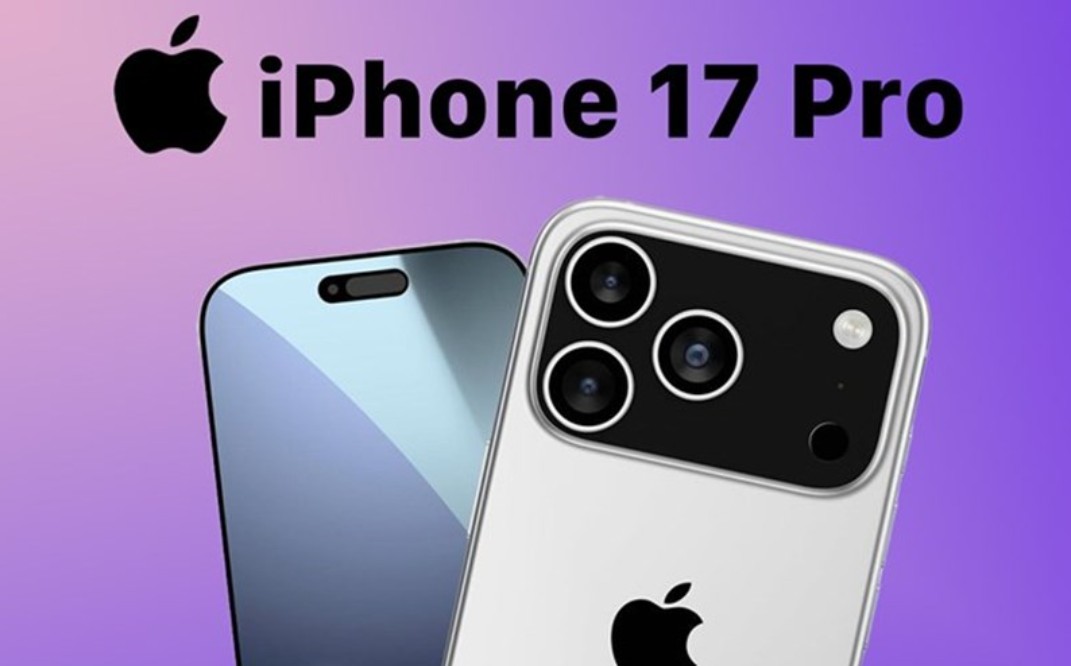Best Selling Products
Google Home Enters a New Era with AI Gemini
Nội dung
With the important event taking place on October 1, global users are eagerly awaiting a "technological storm" landing in every corner of their homes.
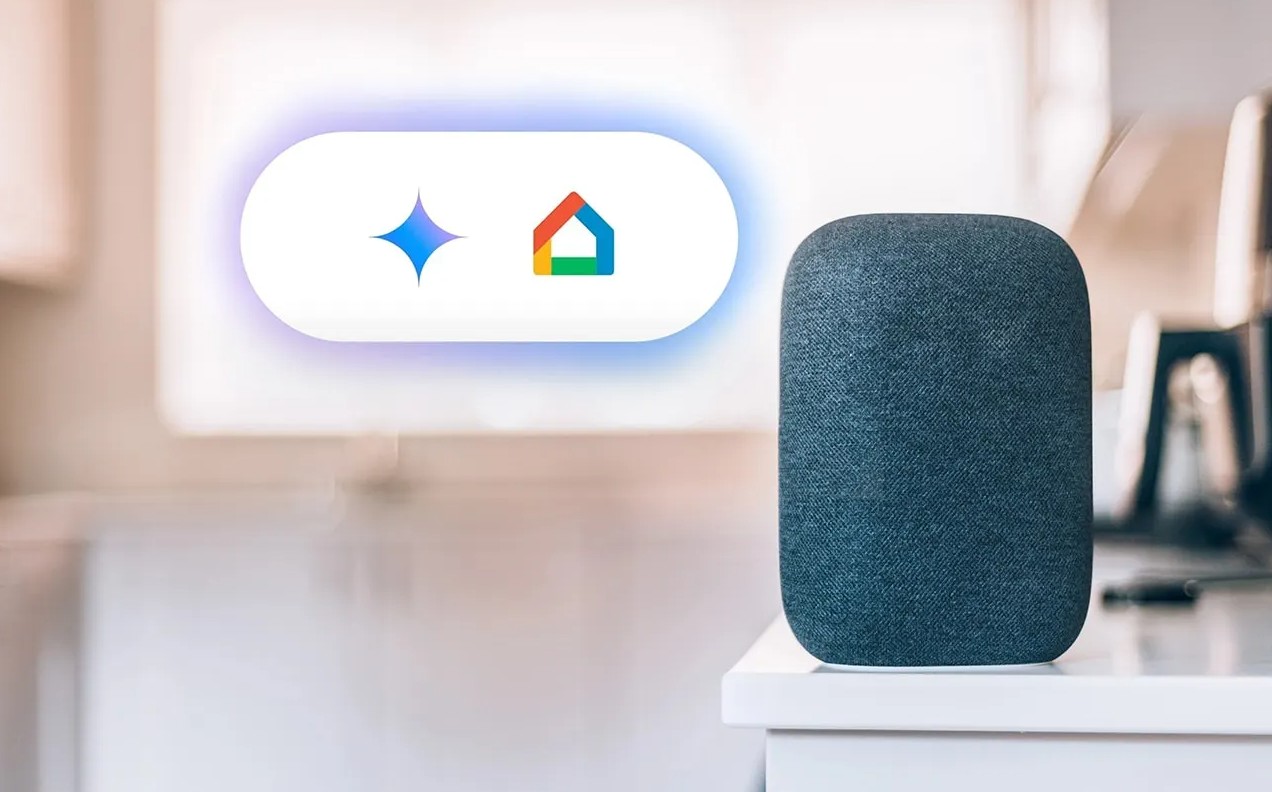
When it comes to artificial intelligence (AI) and the race to shape the future of technology, Google has long been one of the leading names with groundbreaking innovations. However, Google's ambition has never been clearer and stronger than it is now, when this technology giant officially announced its plan to make AI Gemini the center of its smart home ecosystem. With the important event taking place on October 1, global users are eagerly awaiting a "technological storm" landing in every corner of their home. Let's take a deep dive into the whole picture of Google's ambitious new strategy, to understand why AI Gemini is considered the "heart" for the major reform of the Google Home ecosystem.
1. “Storm Gemini” is about to make landfall
For many years, the smart home sector has been an attractive “playground” for technology giants. From Amazon with Alexa, Apple with Siri, to Samsung with SmartThings, all have been constantly upgrading their ecosystems. Google, with its strong presence through Nest devices and Google Assistant, is no exception. However, compared to its competitors, Google seems to have lost a bit of its competitive edge in recent years, as Google Assistant has become less effective in understanding and handling complex user requests.
In that context, AI Gemini appears as a "rescue" solution, not only to replace Assistant, but also to act as a general intelligence machine, with superior natural language processing capabilities, sophisticated contextual responses and especially the ability to learn from user behavior to improve the experience every day.
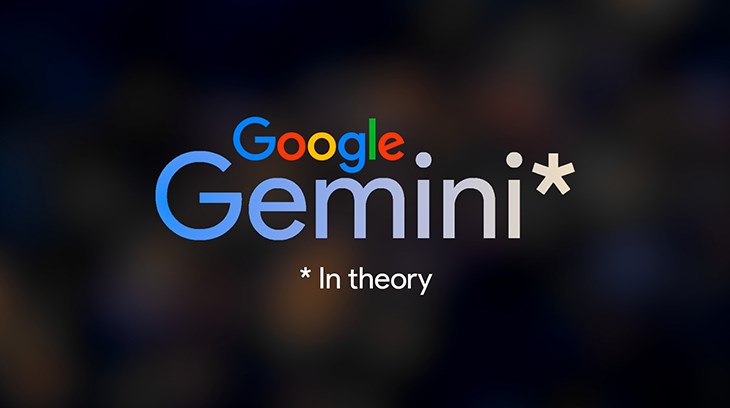
Therefore, the event Google set for early October is not just a simple launch, but a decisive step to re-establish Google's position in the smart home field, where AI is no longer just an auxiliary tool, but becomes the main "brain" of the entire house.
2. Google sets launch date for new smart devices
October 1, 2025 will officially mark a major turning point for Google in its Gemini AI strategy. According to the information that has been "teased", this event will focus on two main axes: updating the Gemini AI software integrated into the Google Home ecosystem and launching a series of new-generation Nest hardware devices.
A short teaser has been released, showing glimpses of new Nest devices including a security camera with a familiar design but said to have significantly upgraded features, along with a new Nest Doorbell model. Notably, both devices are rumored to support 2K resolution cameras, surpassing previous generations that only stopped at Full HD.
Going beyond cameras and doorbells, Google is also said to be developing a brand new Nest smart speaker, designed to act as a hub for the entire smart home. This could be the first device fully optimized for the Gemini AI, supporting not only immersive audio but also the highest level of natural language interaction ever seen on the market.
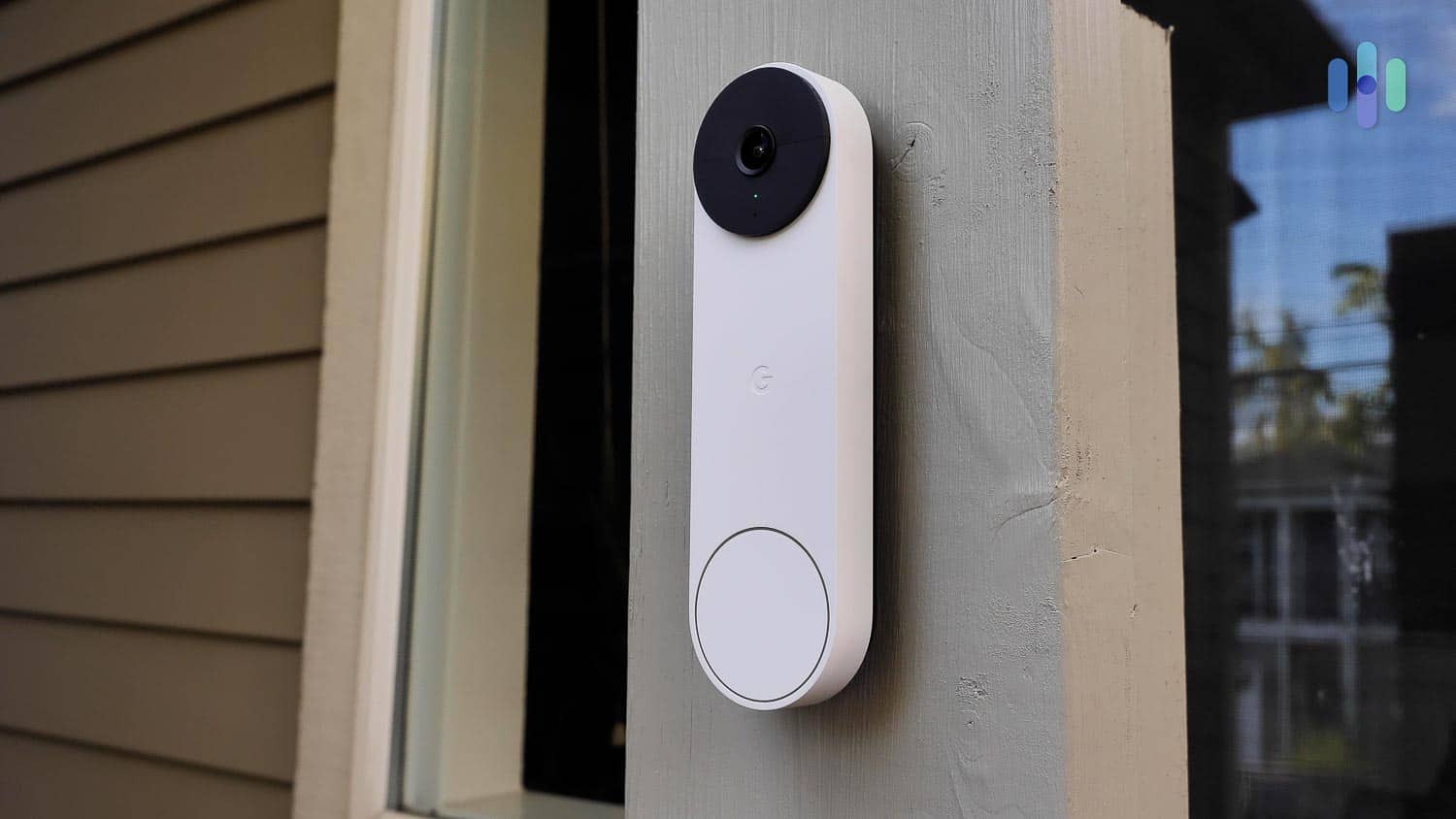
The simultaneous launch of new software and upgraded hardware is a testament to a synchronous strategy, where AI no longer operates independently on a few individual devices but becomes the connecting axis for an entire smart ecosystem from cameras, doorbells, speakers, lights to temperature control or security devices.
It can be said that Google's biggest goal with AI Gemini is not just to upgrade voice control capabilities, but to completely redefine the way users interact with technology in their daily lives.
The most important difference between Google Assistant and Gemini AI is the context-based approach and extended dialogue. While Assistant requires explicit commands and is often limited by certain syntax, Gemini can handle more complex conversations, understanding subordinate clauses, flexible vocabulary, and contextual references in conversation.
For example, if a user says, “I’m cooking and need a recipe with eggs, spinach and cheese,” Gemini not only suggests a suitable recipe, but also continues to support the user throughout the cooking process with helpful suggestions such as, “Do you want to cook European or Asian style?”, “This dish takes about 25 minutes, do I need to set a timer?”, or “Is your kitchen so hot that it needs ventilation, should I turn on the exhaust fan?”.
Not stopping there, Gemini also supports conversational continuity, meaning users can chat with AI without constantly repeating the keyword "Hey Google", and can interrupt, adjust requests mid-way or ask additional questions while AI still understands the semantic flow of the entire conversation.
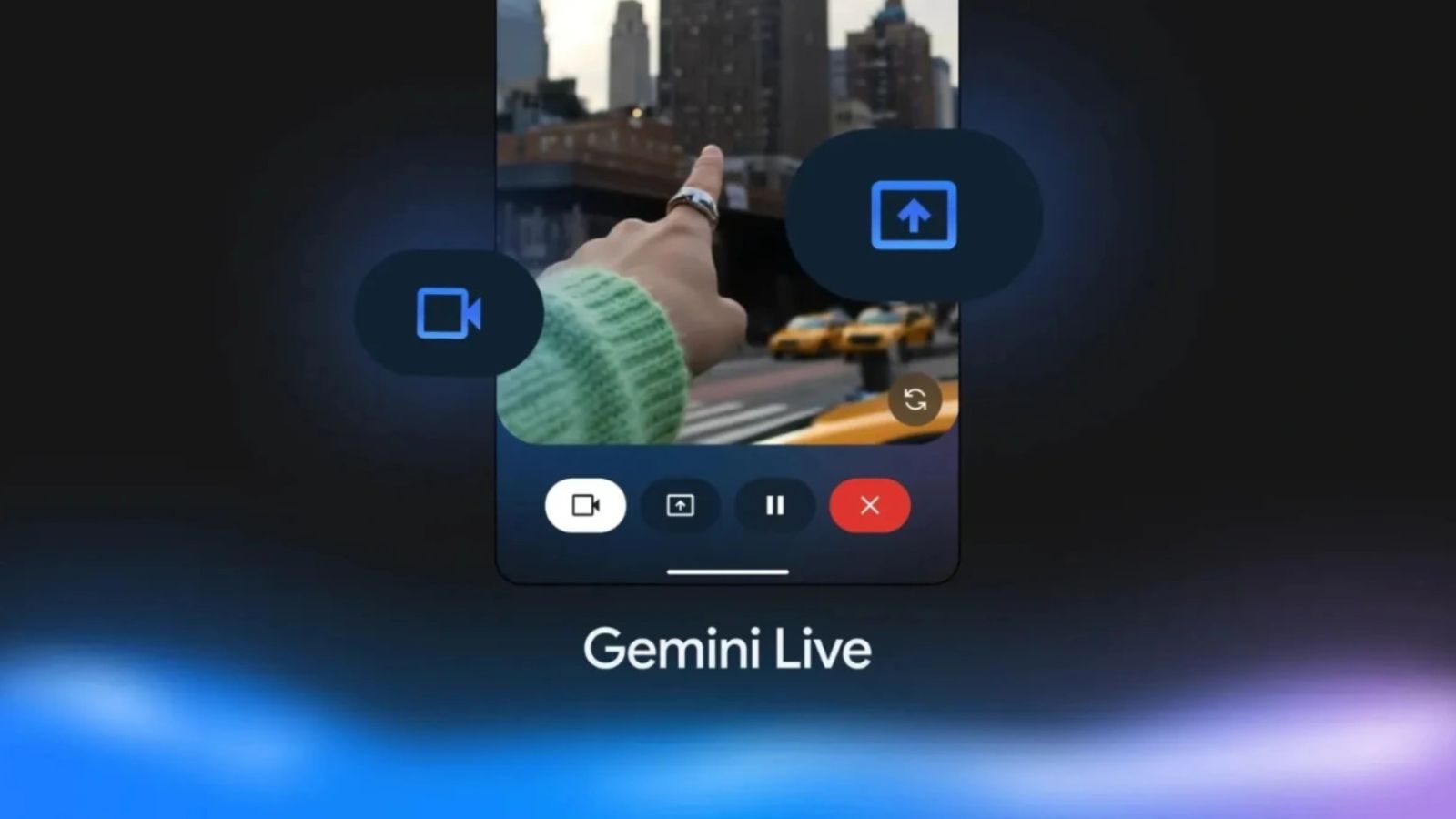
The Gemini Live feature, introduced as a new “conversational brain,” is the highlight of the entire experience. When a user activates “Let’s chat,” a continuous conversation session is established, allowing interactions as if they were with a real person who was physically present in the room, ready to respond, remember, and take appropriate action.
3. Not only beautiful but also outstandingly intelligent
A powerful software ecosystem lacks value without the hardware to match. Google understands this and has carefully prepared for the emergence of AI Gemini to not only stop at words or commands, but also be truly present through tangible, convenient and powerful devices.
The new generation of Nest devices is expected to bring many breakthrough improvements:
Nest Cam 2K will allow users to observe the house with outstanding sharpness, even detecting small details such as license plates, faces or subtle movements in low light. AI recognition will also be upgraded thanks to Gemini's live video analysis capabilities, helping to more accurately alert to unusual events.
Nest Doorbell (2025) will not only record images but also understand context: distinguish between strangers and acquaintances, warn when a foreign object is left near the door or send emergency notifications if it recognizes suspicious gestures.
The new, never-before-seen Nest speaker is considered the “nerve center” for the entire home. It not only plays music and commands, but also becomes the Gemini Live conversation hub, connects other devices, synchronizes data and responds instantly to user actions from closing curtains to adjusting the brightness of lights according to mood.

4. Parallel free and premium experience
Accompanying the launch of AI Gemini will be a new business model for the Google Home ecosystem. Google will deploy two options for users: a free version and a paid version (Premium).
In the free version, users will still experience Gemini's core features such as giving commands, querying information, controlling basic devices, and performing daily tasks. However, the paid version will unlock more advanced features such as Gemini Live, intelligent video synthesis, in-depth context analysis, continuous conversation, and personalization based on each family member's living habits.
This model not only creates a new source of revenue for Google, but also helps to clearly differentiate the user base: from those who want to experience AI at a basic level, to high-end customers who want to own a "truly smart home".
5. Google's strategic turning point on October 1
The launch event on October 1, 2025 will be a milestone that will reshape Google’s entire strategy in the field of home AI. This is not just a place to introduce new technology, but an opportunity for Google to demonstrate its ambition to “put AI at the center of human life”.
If successful, Google will not only compete with Amazon and Apple, but also create a new standard for the global smart home market. With AI Gemini, Google aims to create a living space in which users do not need to adjust to technology, but technology itself will adapt to serve people flexibly, sensitively and understandingly.
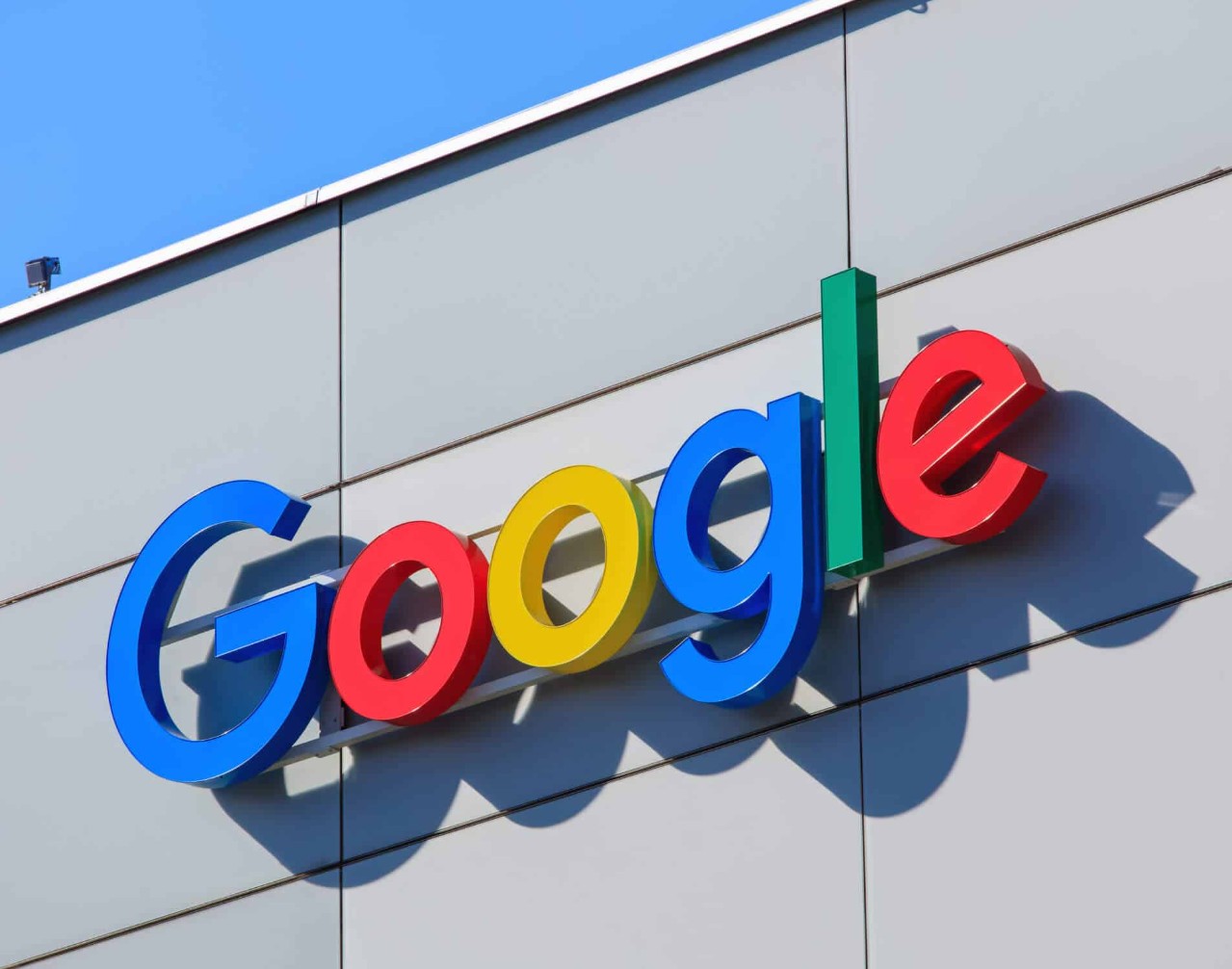
6. Conclusion
In a world where technology is increasingly embedded in every daily activity, the difference is no longer in features but in seamless, natural, personalized and intelligent experiences. AI Gemini is an ambitious but extremely strategic move by Google. Not simply replacing Google Assistant, Gemini is a statement: virtual assistants now not only listen and act, but also understand, analyze, empathize and support like a real human. With October 1 approaching, the technology world is counting down to an event that could be a turning point for the entire home AI industry. And perhaps, from now on, every home will not only be a place to live but will be a place with intelligence.












































